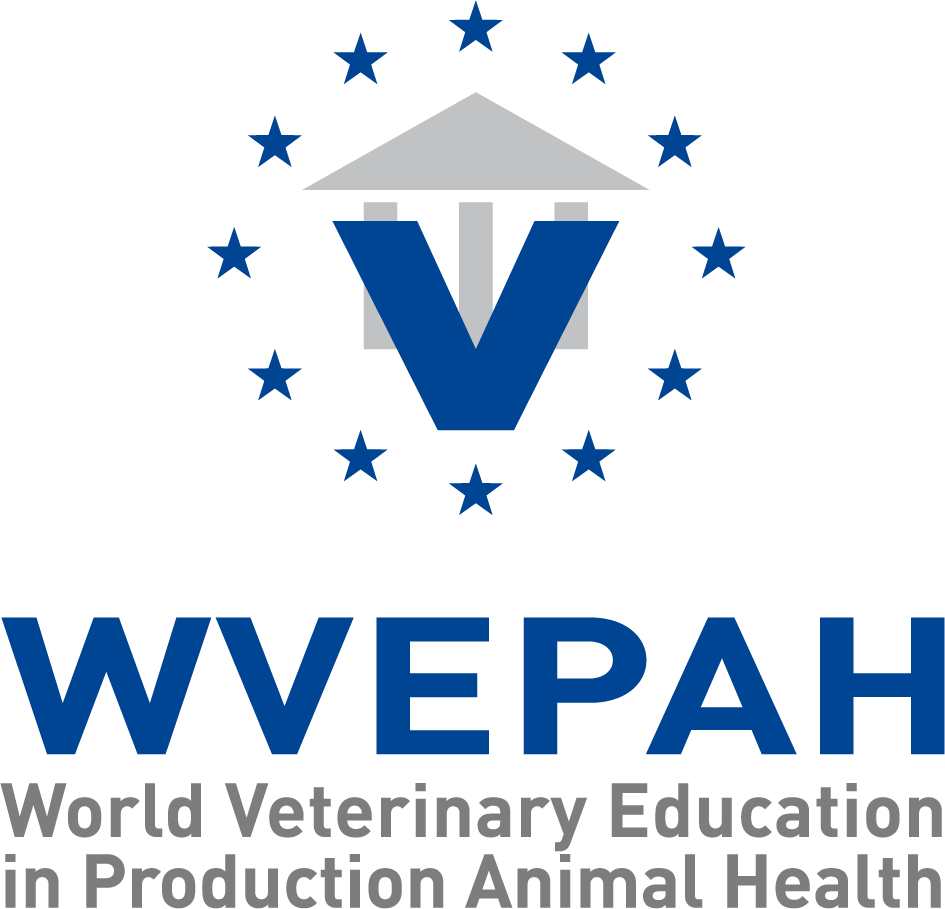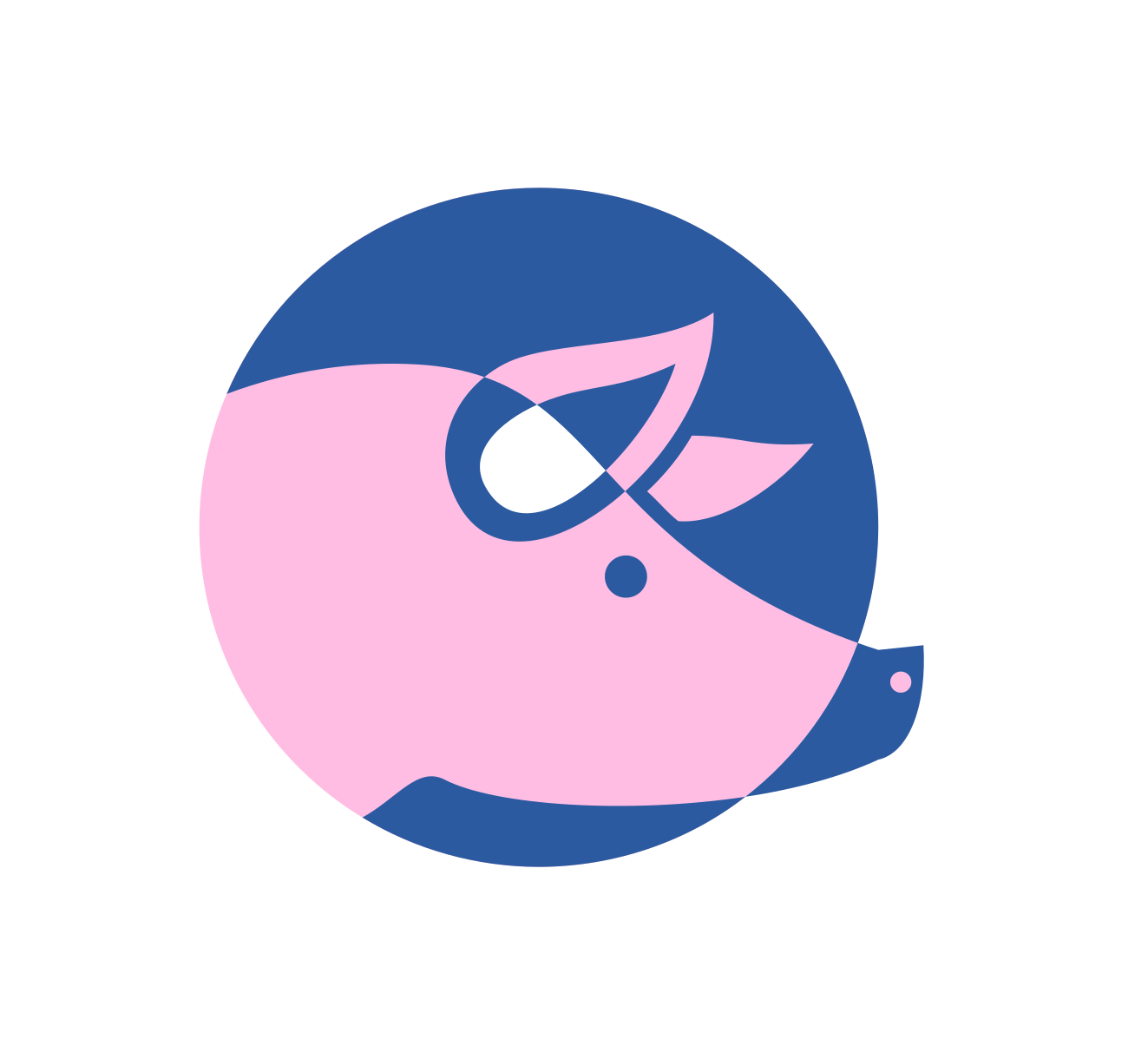In several countries, certification of continuing education is organized at a national level. Generally, the experience gained and the collection of a certain number of credits during the participation in officially recognized courses are taken into consideration, in accordance with the European and international systems – ECTS or continuing education credits. In many countries, however, this official recognition is lacking.
It is clear that the acquisition of particular expertise and skills in a given field can be greatly supported by comprehensive training programs associated with a quality control protocol vouched for by a university diploma.
The WVEPAH offers an international, postgraduate education by recruiting the best specialists from around the world.
It is important to understand that the diploma Professional Certificate in Animal Health (Poultry, Aquaculture or Swine) certifies that a successful participant has acquired a high level of specialist qualification in the areas of animal welfare, production, and health. The certificate promotes the establishment of specialized skills in animal production.
The World Organisation for Animal Health oversees the teaching of the 'Regulation' module (Module I) of the certificate and validates it.
Introduction
-
Provide structured formal training to professionals who are looking to deepen their expertise in the areas of animal welfare, production, and health.
Train participants to recognize, diagnose and manage all common problems encountered in the practice of animal farming.
Enable participants to obtain skills to apply the ‘WOAH Standards’ covered by the WOAH regulatory module and issued to veterinarians under the authority of national veterinary services.
Train participants to interact optimally with experts in the various aspects of the field, under the supervision of veterinary services.
Train participants in problem solving skills.
Promote long-lasting continuing professional development.
-
The minimum time required for the WVEPAH certificate program is 1 year and it must not exceed 5 years. Through their work in the different modules (online, hybrid modules and clinical case preparation), participants accumulate the required number of European Credit Transfer System (ECTS) credits or continuing education credits to apply for the final exam.
Exams are completed online and administered by the Université de Montréal.
Applicants with a university degree in veterinary medicine or animal science, working in one of the sectors covered by WVEPAH, for at least three years can enrol on the WVEPAH program. After each course, they will receive an ‘Attestation of Participation’ (subject to meeting the criteria), but only veterinarians are able to take the Certificate examination to obtain the diploma validated by WOAH.
-
At the end of each module, veterinary participants can validate their acquired knowledge by means of a multiple-choice exam. After validation of both a ‘General’ and a ‘Specialized’ module, candidates who have participated in distance learning must submit 25 clinical cases, including three in-depth case reports, short theses or audits, which represent 50% of the final grade. A model example is provided to students to help them structure their case reports.
After the exam, the exam committee will evaluate all the marks acquired by the candidate from the multiple-choice exam and the clinical cases, short theses, or audits, and then issue the ‘Professional Certificate in Animal Health’. The WOAH then officially validates the ‘regulatory’ part of the diploma. The pass mark for all elements is 60%.
Program contents
The Professional Certificate in Animal Health Production programs, once validated by an exam, provide training credits: ECTS or continuing education credits. The official languages of the poultry programs are English, French, and Spanish. The aquaculture and swine programs are offered in English.
The WVEPAH principle is “Everyone receives the same teaching and takes the same exam”.
-
General - Module I covers the fundamentals of health management, and are based on the systemic or holistic approach covering all aspects influencing farm sustainability and results: Pathology, Nutrition, Epidemiology, Biosecurity, Applied Immunology, Vaccinology, Antibiotherapy, Genetics, Animal Welfare etc. It includes the regulatory module taught by the WOAH.
‘Specialized‘ Module II courses
The modules are complementary and independent of each other. It is strongly recommended that participants attend a Module I course first, however they can be followed by the participants in the order that best suits them according to their needs, language skills, and the course schedule.
Between modules, distance learning is provided through the private WVEPAH Facebook group and e-Learning, which allow participants to continue working by exchanging and discussing their own cases and by the supply of information by course masters. The participation in distance learning activities is mandatory to validate and in the future maintain the validity of the certification.
Participants have access to the module content from the moment of their registration (pre-recorded videos and PDF documents), which allows them to start to improve their knowledge in all the disciplines of the module. The teaching consists of a theoretical part and the study of real cases brought by the course masters and participants.
Practical work: autopsies, laboratory, interpretation etc., as well as site visits, take place during the residential week of the module.
The intensive courses focus on the deepening or renewal of knowledge on a particular topic.
-
In order to validate the work undertaken on the course, an exam is compulsory.
The Université de Montréal and the WVEPAH decide the dates of the final exams and their duration.
Candidates are informed of the exam dates at least one month in advance.
The overall pass mark is 60%, i.e. 30/50 (the average required between the exams of the two modules).
An average exam results for the two modules of between 50 and 60% enables the student to retake the exam of the failed module(s) at an additional cost to the participant. However, no exam result can be under 50%.
A result of less than 50% in any of the exams leads to the student failing the related course without the possibility of retaking the exam.
-
The participants are expected to apply the knowledge and skills acquired in the WVEPAH courses in their daily practical work in the field of poultry, aqua or swine production and pathology. This activity is recorded in the form of 25 clinical cases including audits, or three short theses.
-
During the program, candidates – having completed Module I and Module II (specialization) – will compile 25 well-documented clinical case reports (or 3 short review papers). WVEPAH provides the students with a template to report their clinical cases. They must, alongside other elements, include case identification, history and situation, clinical examination results, laboratory results, differential diagnosis, diagnosis and prognosis, measures taken and their results. At least 60% of the clinical case reports must be related to the completed specialization module.
Each clinical case report will be examined by one member of the exam committee and the final individual grade is the average obtained for all 25 clinical case reports submitted. The passing grade is 60% or 30 out of 50 points.. If this average is less than 30, the candidate will be invited to submit a revised version for the clinical case reports below 30 or to submit additional clinical case reports within 6 months of the date of notification.
The clinical case reports must be written in English, French or Spanish.
Published articles and clinical cases may be submitted instead of clinical cases. Please contact WVEPAH to confirm the eligibility of these documents.
Participants who may not have access to clinical cases in their daily activities may prepare three short review papers related to Poultry production and health on topics related their validated Specialization Module II. The topics chosen must be discussed and approved by the Program Global Coordinator ahead of time. Each review document must have a minimum of 20-25 pages (~ 5,000 to 6,500 words, 12pt font), excluding tables, figures, photos and references).
The candidate must submit the clinical case reports or short review documents to the WVEPAH office.




